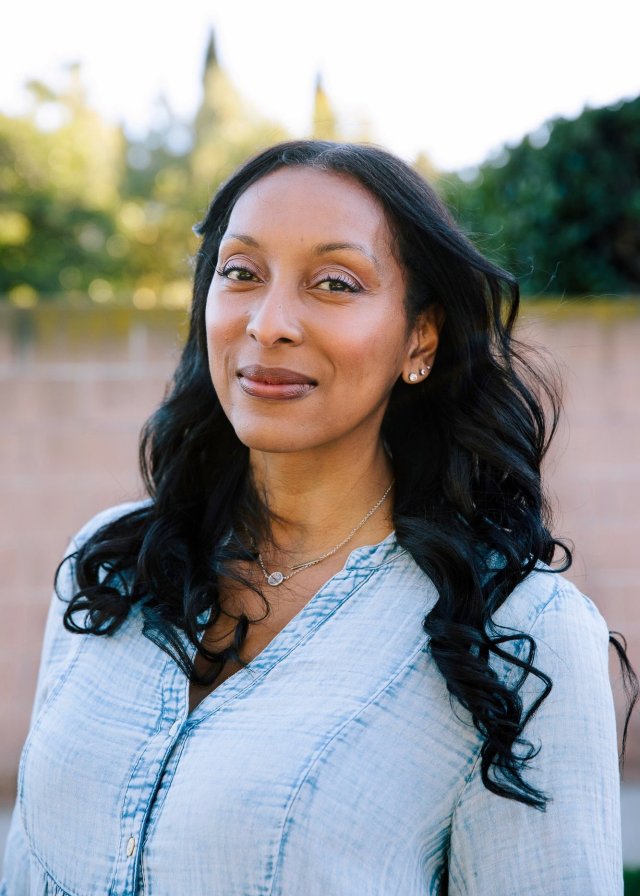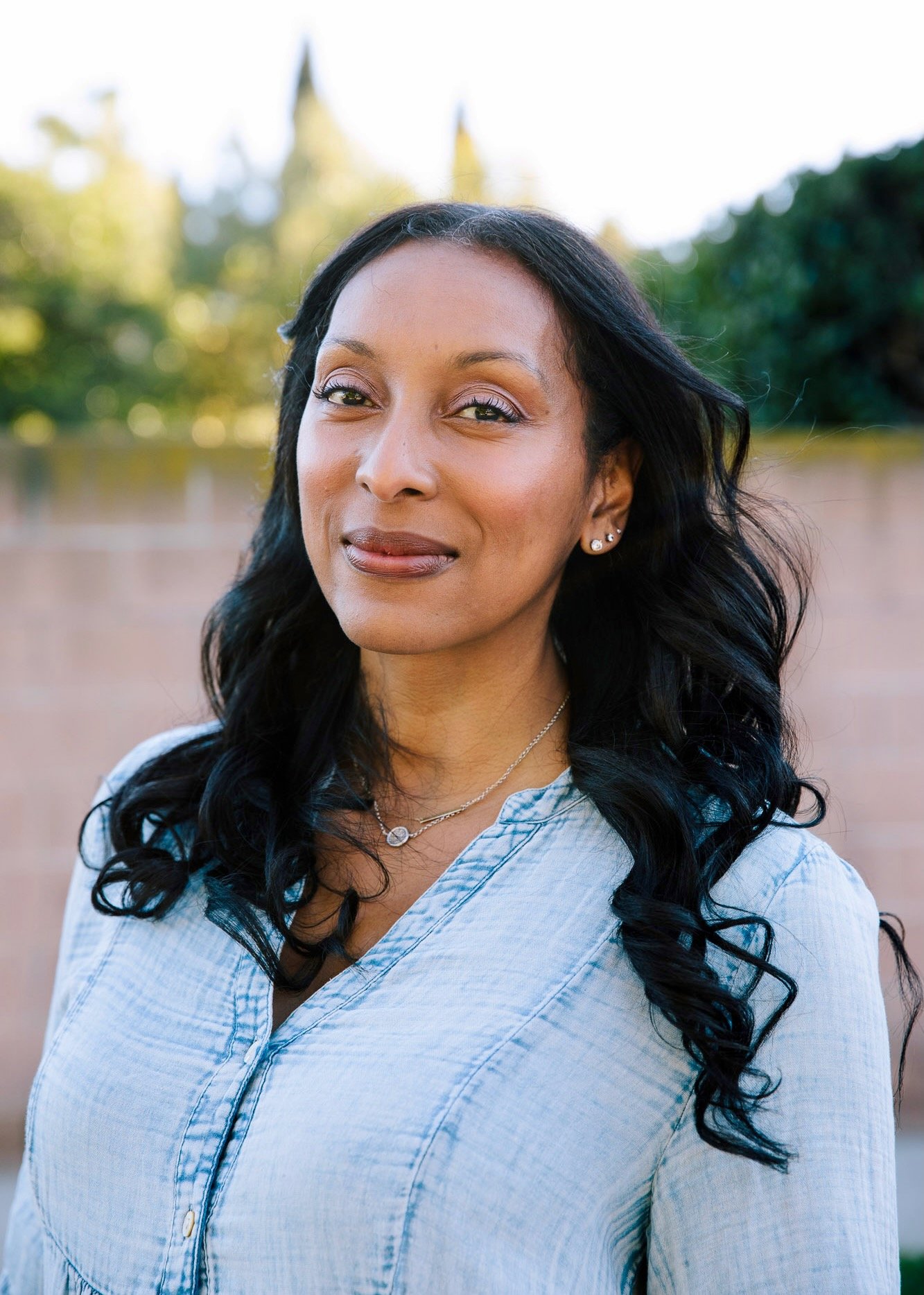

In June 2020, I wrote an essay, my first here, called Five Things I Want To Tell My White Friends. I was reeling in the wake of George Floyd’s death and its aftermath — what felt to me like a somewhat sudden and intense acknowledgment of racism in this country. It was a welcomed and overdue reckoning, but it was also a bit overwhelming to behold just how shocked and shook so many people were to realize how bad racism was. A prevailing sentiment of the well-meaning liberal zeitgeist might be summed as: Wait a minute, this has been happening under our noses this whole time?!![1]
Well, yes. And it still is. In the warm glow of the Obama era, it was perhaps easy to resist or dismiss. We have no such luxury — or illusions — now.
Recent events have been an all-too-clear reminder of that. The simmering fears and anxieties brought on by the relentless news cycle and political upheaval have been steadily ratcheting up since January, but for me, as a Black woman, the last few weeks have led to an emotional breaking point on par with summer of 2020. No question, the current state of this country is stressful for everyone, but the mental, practical and psychological toll is far, far greater for some of us — like Black and brown people, trans folks, and immigrants for whom the implications go well beyond intellectual disagreements, or provocative headlines, or “finding common ground” or “reaching across the aisle” — it’s much deeper, more visceral. A consideration of our very humanity. It doesn’t get more personal than that.
The fever pitch of hate speech and the zeal of people who have been empowered to use their platforms to deliver it means that I, as a Black woman, must contend with being assaulted on a daily basis with messages about how stupid, incompetent, dangerous, and generally lacking I am. Even worse than having to be subjected to these comments by any one individual with a podcast or a podium, is the feeling that it taps into widespread beliefs. For any one individual offering these virulent sentiments, there are hundreds of thousands nodding along silently. Or even cheering. And a state apparatus that relishes and legitimizes it at a national level.
This is on top of the very real practical and tangible concerns — Black people (women especially) are losing their jobs at higher rates than ever thanks to DEI rollbacks; racial violence is at an historic high; many of us have to ponder terrifying questions: Will my marriage remain legal? Will I be torn from my family? Am I safe from harm when I step out of my front door?
Given all of this, I want to tell you that many of your Black and brown friends and LGTBQ colleagues are not okay.
You may see a colleague killing it at her job, upbeat as ever as she delivers a marketing plan. You may see that Latina journalist you admire churning out essays and books and offering hugs on tour. The young Arab woman whose GWWM videos you love shows the world a big smile on Instagram. The trans student who just arrived for their freshman year of college and is looking tentatively around the lecture hall for a welcoming smile. It may look like business as usual, but I can promise you that is a parent, colleague, or student with a heavy, fearful heart. I know, because she is me. A Black woman who must do her best day in and day out, tackling book edits, getting some exercise, grabbing groceries and catching up on Shrinking, all while her humanity is threatened and her worth is questioned on a constant basis.
I fear the toll of living with this level of despair might be hard for people who don’t experience it to understand. Some people — white people, cis people — as compassionate and outraged as they may be, remain assured (safe) in the knowledge that they’ll never face these types of situations or have to absorb this vitriol on a personal level. That’s not to say the empathy isn’t real (or welcomed), it’s just that it’s different. White people are also free of the fear of being a target. Some might think the idea we could go back to slavery is outlandish, or revel in how far we’ve come since Jim Crow, or claim we just need to wait out this moment. But people of color understand in our bones that the sentiments — the hate and abject racism — that drove those policies, laws, and mindsets don’t just remain, but are flourishing. And thus a rising, palpable, and justifiable fear. We know, the past is always prologue.
My father, in the last months of his life, bemoaned how bad things had gotten. This was a Black man who was born in 1940 and who came of age during (legal and de facto) segregation, which he would go on to fight to dismantle personally and professionally. And with all he’d seen and lived through in his 84 years, he felt, in 2024, that race relations were the worst they’d been in his lifetime. That’s the despair that comes when progress slips away — it can feel worse to face a backslide than to exist in the status quo. Having the blanket ripped from you on a frigid night is almost more cruel than never having experienced warmth at all.
That’s what makes this moment difficult, too — many of the Black and brown people among us allowed ourselves hope in the halcyon days of 2020, even against our better judgment, and now the pessimism, bitter as it is familiar, has come roaring back. We knew better. That’s clearly borne out in how quickly the country moved on from what turned out to be a fleeting era[2] of listening and learning, and the clamoring for allyship and the marches and protests and think pieces and bestselling books about race. When we need them the most, the voices calling for change or offering support have gone awfully silent.
In the most generous way, I can chalk that up to being too scared of the consequences or to a sense of overwhelm that settles into weary acceptance. There was a sincere effort to effect change, but it didn’t amount to much, and now the pendulum has swung back, hard, slapping us in the face. Case in point: I had a white person in my circle say to me, “People have moved on from race” with a passive resignation. I’m sure she didn’t realize how insensitive or thoughtless this statement came across to me, a Black woman. After all, I haven’t moved on from my skin color. What a luxury to be able to give up and say, “Well, at least I’m okay,” to be able to hunker down and carry on, betting on the fact that you can ride out whatever else is coming in terms of the stability and civility of our society (and it’s scary to think what that might be) in relative safety shielded by your skin color, bank account, immigration status, gender, etc. Hope itself, like so much else in this country, is a resource available to some of us more than others.
As a cry for help, I offer five more things that I want to tell my white friends in this particular moment:
* Please understand the degree to which Black and brown people (and LGBTQ+ folks) in this country are particularly scared and feel abandoned at the moment and meet that with a clear and unequivocal acknowledgment.
* Consider checking on your POC friends, co-workers and the vulnerable people in your communities with intention and compassion. Allow them the space and opportunity to share their fears and feelings and be able to hold that.
* Be just as eager to seek community and connection with people who look different from you as you were five years ago. The need for open and uncomfortable conversations didn’t magically disappear because the news cycle moved on and the political winds shifted. Allyship isn’t a trend.
* Remember that you do have a voice at the table. We all feel disenfranchised and helpless in the face of dramatic political upheaval, but the fact remains that you can make a difference. If that feels harder today than in 2020 (or even 1965) that’s because it is — that’s not a reason to not do it. Summoning resolve, conviction and moral clarity is the work of our day. Call out hate speech, advocate for diversity in your workplace, and document ICE round-ups in your communities.
* My last reminder is a simple plea to remember: race (still) matters. As does fighting (and it will, alas, require that) to protect all of our rights. More than ever.
Christine Pride is a writer, book editor and content consultant who lives in Harlem, New York. Read all her Race Matters columns here.[3][4]
P.S. Five things I want to tell my white friends, and where do you feel cultural belonging?[5][6]
(Photo of Christine Pride by Christine Han[7].)
References
- ^ Five Things I Want To Tell My White Friends (cupofjo.com)
- ^ what turned out to be a fleeting era (www.axios.com)
- ^ Christine Pride (www.instagram.com)
- ^ Race Matters columns here. (cupofjo.com)
- ^ Five things I want to tell my white friends (cupofjo.com)
- ^ where do you feel cultural belonging? (cupofjo.com)
- ^ Christine Han (www.christinehanphotography.com)
- ^ 13 COMMENTS (cupofjo.com)
